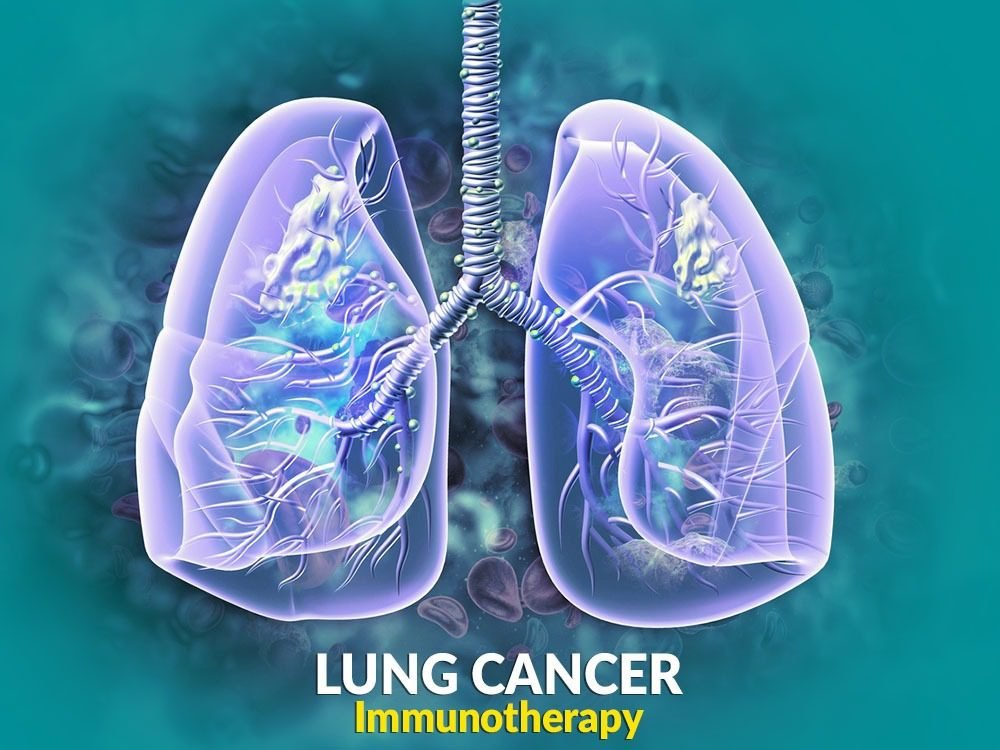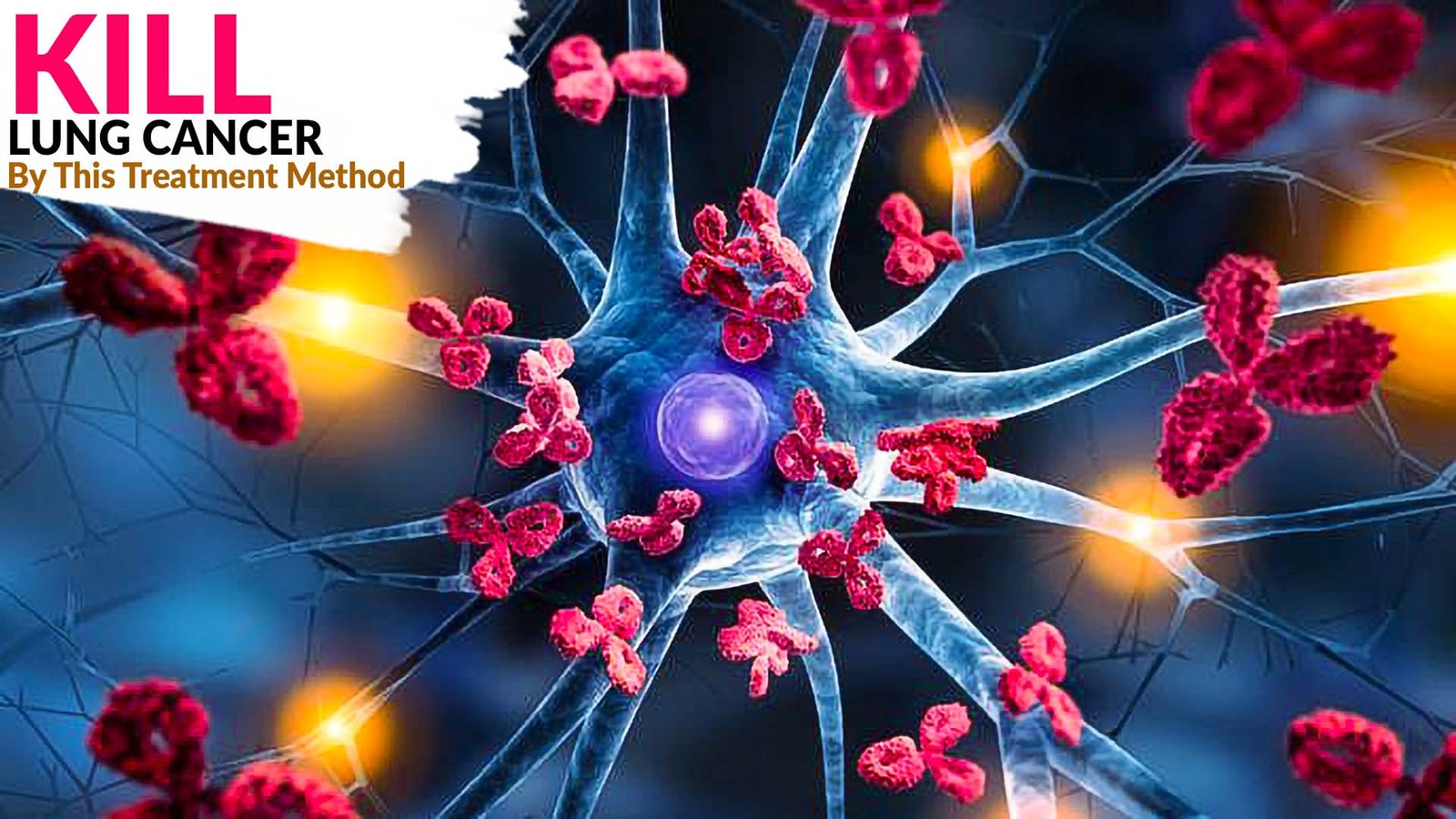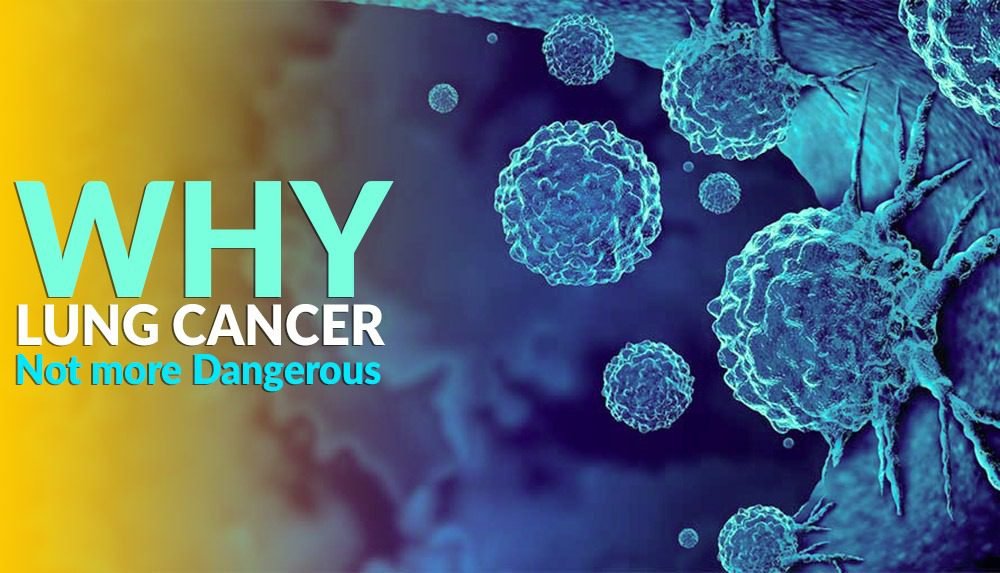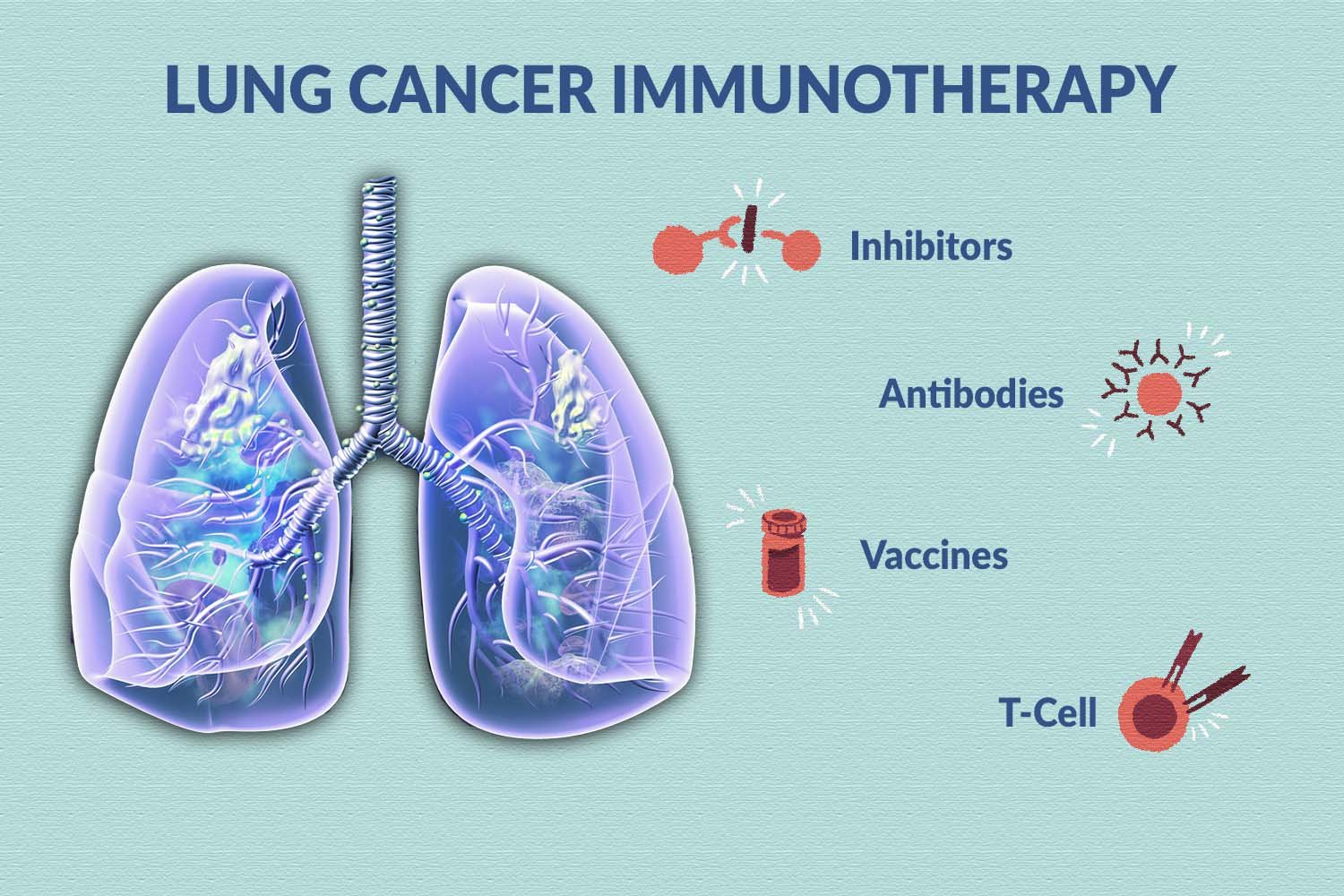HEALTH BLOG
Lung Cancer Immunotherapy: No.1 Revolutionizing Treatment for a Brighter Future
-
Rahul Priydarss

R
evolutionizing cancer treatment, Lung Cancer Immunotherapy harnesses the body’s immune system to combat and conquer the challenges posed by lung cancer cells.
Table of Contents
In recent years, the landscape of cancer treatment, especially for lung cancer, has witnessed a paradigm shift with the advent of immunotherapy. This revolutionary approach harnesses the body’s immune system to combat cancer cells, offering a beacon of hope for patients seeking effective and less invasive treatments.
Introduction:
Here is the proper way of all info about Lung Cancer Immunotherapy, a formidable adversary in the realm of oncology, which has long necessitated innovative and targeted therapeutic interventions. The traditional approaches, including surgery, chemotherapy, and radiation, though effective, often come with debilitating side effects. This article delves into the realm of lung cancer immunotherapy, exploring its mechanisms, success stories, and the transformative impact it has on patients’ lives.
What Is Immunotherapy:
Immunotherapy is a type of cancer treatment. It uses substances made by the body or in a laboratory to boost the immune system and help the body find and destroy cancer cells. Immunotherapy can treat many different types of cancer. It can be used alone or in combination with chemotherapy or other cancer treatments.
Understanding Lung Cancer Immunotherapy:
Immunotherapy, in essence, empowers the body’s immune system to recognize and eliminate cancer cells. Unlike conventional treatments that directly target the tumour, immunotherapy enhances the body’s natural defences, fostering a more sustainable and tailored response. in essence, empowers the body’s immune system to recognize and eliminate cancer cells. Unlike conventional treatments that directly target the tumour, immunotherapy enhances the body’s natural defences, fostering a more sustainable and tailored response.

Key Immunotherapy Approaches:
- Checkpoint Inhibitors: These drugs unleash the immune system by removing the “brakes” that prevent it from attacking cancer cells.
- Adoptive Cell Transfer: This involves extracting, modifying, and reintroducing immune cells to enhance their cancer-fighting capabilities.
- Cancer Vaccines: Stimulating the immune system to recognize and destroy cancer cells.
Success Stories:
In the realm of lung cancer immunotherapy, success stories abound. Patients who once faced grim prognoses now attest to the life-altering benefits of this approach. Beyond the extension of survival rates, immunotherapy often enhances the overall quality of life for individuals undergoing treatment.
Why Immunotherapy Matters:
Immunotherapy addresses the limitations of traditional treatments by offering a more targeted and enduring solution. Unlike chemotherapy, which can have systemic effects on healthy cells, immunotherapy specifically targets cancer cells, minimising collateral damage.
Immunotherapy VS Traditional Treatments:
Comparing immunotherapy to traditional treatments reveals a nuanced landscape. While chemotherapy and radiation remain vital in certain scenarios, immunotherapy presents a more tailored and less aggressive option, particularly for certain types of lung cancers.
Clinical Trials and Research:
Ongoing clinical trials continually expand our understanding of lung cancer immunotherapy. Researchers are exploring novel combinations, refining existing approaches, and discovering biomarkers that can predict treatment responses.
Considerations for Patients:
Eligibility for immunotherapy is contingent on various factors, including cancer type and stage. Patients should be informed about potential side effects and strategies for managing them, ensuring a well-rounded understanding of the treatment journey.
Costs and Accessibility:
The affordability and accessibility of immunotherapy are critical considerations. While advancements have been made in making these treatments more accessible, challenges persist, prompting ongoing efforts to bridge gaps in access and affordability.
Patient Testimonials:
Real-life narratives from individuals who have undergone lung cancer immunotherapy provide a human perspective on the treatment’s impact. These testimonials offer insights into the emotional and physical aspects of the patient experience.
Addressing Common Misconceptions:
Misconceptions about immunotherapy abound, ranging from concerns about its safety to scepticism about its effectiveness. Clarifying these myths is essential for fostering informed decision-making among patients and their families.
Future Trends in Lung Cancer Treatment:
As we look to the future, the landscape of Lung Cancer Treatment is poised for significant advancements. Immunotherapy is expected to play a pivotal role, with ongoing research paving the way for more targeted and personalized approaches.

Impact on Healthcare Industry:
The rise of immunotherapy is not merely transforming patient care but also reshaping the healthcare industry. Collaborations between research institutions, pharmaceutical companies, and healthcare providers are driving innovation and fostering a more patient-centric approach.
How does the immune system fight cancer?
The immune system consists of a complex process that your body uses to fight cancer. This process involves cells, organs, and proteins. Cancer can commonly get around many of the immune system’s natural defences, allowing cancer cells to continue to grow.
Different types of immunotherapy work in different ways. Some immunotherapy treatments help the immune system stop or slow the growth of cancer cells. Others help the immune system destroy cancer cells or stop the cancer from spreading to other parts of the body.

Types of immunotherapy:
- Monoclonal antibodies and immune checkpoint inhibitors
- Non-specific immunotherapies
- Oncolytic virus therapy
- T-cell therapy
- Cancer vaccines
The type of immunotherapy, cure, and treatment schedule your croaker recommends will depend on numerous factors. These can include the type of cancer, size, position, and where it has spread. Your age, general health, body weight, and the possible side goods are also important. Talk with your croaker. a specific immunotherapy plan is being recommended to you.
Examples of immune checkpoint inhibitors:
Here are some Lung Cancer Immunotherapy Medications that aren’t taken without proper doctor consultation.
- Atezolizumab
- Avelumab
- Dostarlizumab
- Durvalumab
- Ipilimumab
- Nivolumab
- Pembrolizumab
They all are generic names of drugs, brand names that vary according to your region or country’s availability.
Some of the Best Cancer Hospitals Near You:
Memorial Sloan Kettering Cancer Center New York (4.9) ⭐⭐⭐⭐⭐
Address: 1275 York Ave, New York, NY 10065, United States
David H. Koch Center for Cancer Care at Memorial Sloan Kettering Cancer Center (4.5)⭐⭐⭐⭐⭐
Address: 530 E 74th St, New York, NY 10021, United States
New York Cancer & Blood Specialists – Eastchester Cancer Center (4.9)⭐⭐⭐⭐⭐
Address: 2330 Eastchester Rd, Bronx, NY 10469, United States
FAQs about Lung Cancer Immunotherapy:
- Is immunotherapy a suitable option for all types of lung cancer?
- A detailed exploration of the types of lung cancer responsive to immunotherapy.
- What are the common side effects of immunotherapy, and how are they managed?
- An overview of potential side effects and strategies for mitigating them.
- Are there ongoing clinical trials for new immunotherapy approaches?
- Insight into the latest developments in lung cancer immunotherapy research.

Conclusion:
In conclusion, Lung Cancer Immunotherapy stands as a beacon of hope in the landscape of cancer treatment. Its personalized approach, coupled with the potential for long-term effectiveness, positions it as a transformative force. As we navigate the ever-evolving field of oncology, embracing the possibilities offered by immunotherapy is key to forging a brighter future for patients facing the challenges of lung cancer.
Recent Posts
Previous Post






